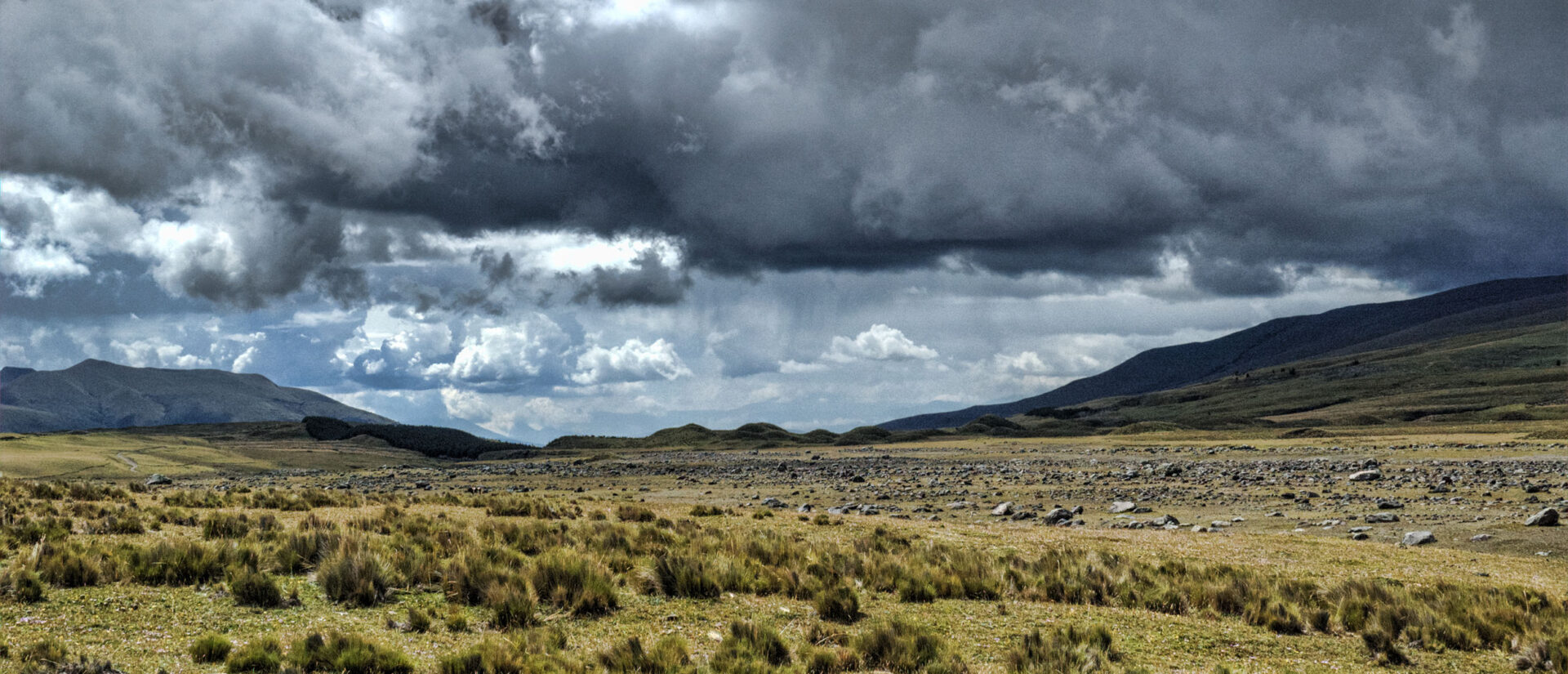
UN asked to intervene in the protection of the Santurbán páramo
Civil society organizations, including SOMO, have sent a communique to Léo Heller(opens in new window) , United Nations Special Rapporteur on the Rights to Drinking Water and Sanitation. In it they warn that their rights are at serious risk in the face of proposed harmful mining projects in or near the páramo(opens in new window) , a water source for more than 10 municipalities and 3 large cities. They request that the Rapporteur prepares a report on the case, visit the site, and support the Colombian government in protecting the ecosystem.
Civil society request the UN to support the protection of the Colombian ‘páramo’
Actions and omissions by the Colombian government have allowed the development of mining projects that threaten the availability and quality of water provided by the páramo. The government’s protection of the páramo did not include the entire ecosystem, leaving a part of it unprotected, and did not allow for public participation. As a result, the Constitutional Court ordered the government to redo the process again.
The submission details the process of defining the boundaries of the Santurbán páramo, the importance of that process for the environment and the enjoyment of the right to water in Colombia, the legal framework for the protection of the páramos in the country, the development of projects in or near the site, as well as the associated environmental impacts or threats which include: decrease in the quality and quantity of water, contamination due to the use of explosives, decrease in air quality, increase in noise level and permanent loss of habitats, among others.
World Bank divests from Eco Oro Minerals and mining project in Colombian Páramo
Likewise, the submission details the impacts of Investor State Dispute Settlement (ISDS) claims on governmental decisions to protect their water sources. Several mining companies have tried for more than 15 years to extract gold from the Santurbán páramo. Some of those are Canadian companies, who are currently using this arbitration process to demand hundreds of millions of dollars from the Colombian government in compensation for their “lost” profits.
The organizations ask the Rapporteur to monitor the situation in the Santurbán páramo and urge the Colombian government to comply with its international obligations in relation to the right to water.
Related news
-
 SOMO submits input for update of UN List on corporate involvement in Israeli settlementsPosted in category:NewsPublished on:
SOMO submits input for update of UN List on corporate involvement in Israeli settlementsPosted in category:NewsPublished on: -
The Netherlands – still a tax haven Published on:
 Arnold MerkiesPosted in category:Publication
Arnold MerkiesPosted in category:Publication Arnold Merkies
Arnold Merkies
-
Chain of consequences Published on:
 Joshua RosenzweigPosted in category:Publication
Joshua RosenzweigPosted in category:Publication Joshua Rosenzweig
Joshua Rosenzweig

